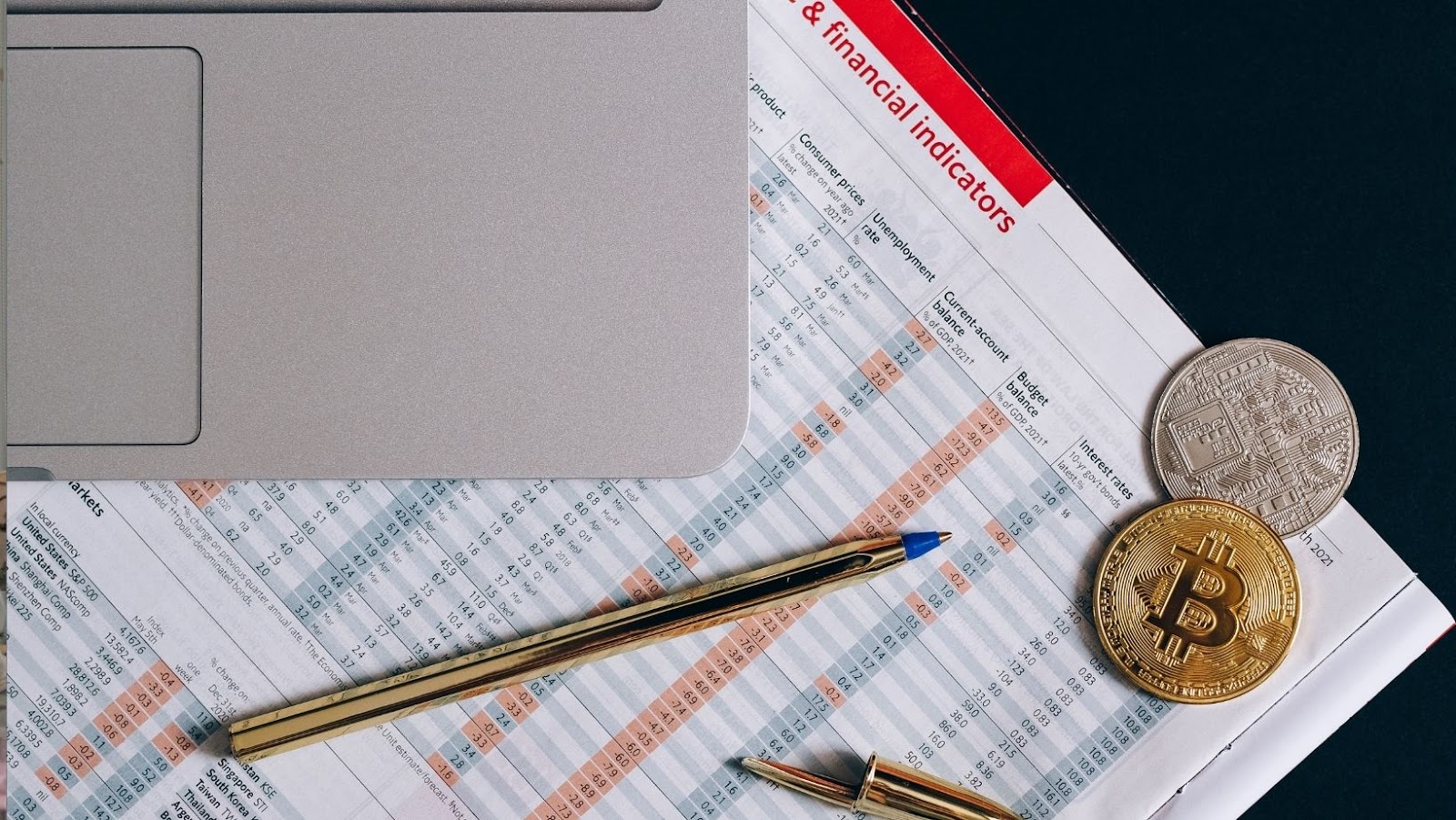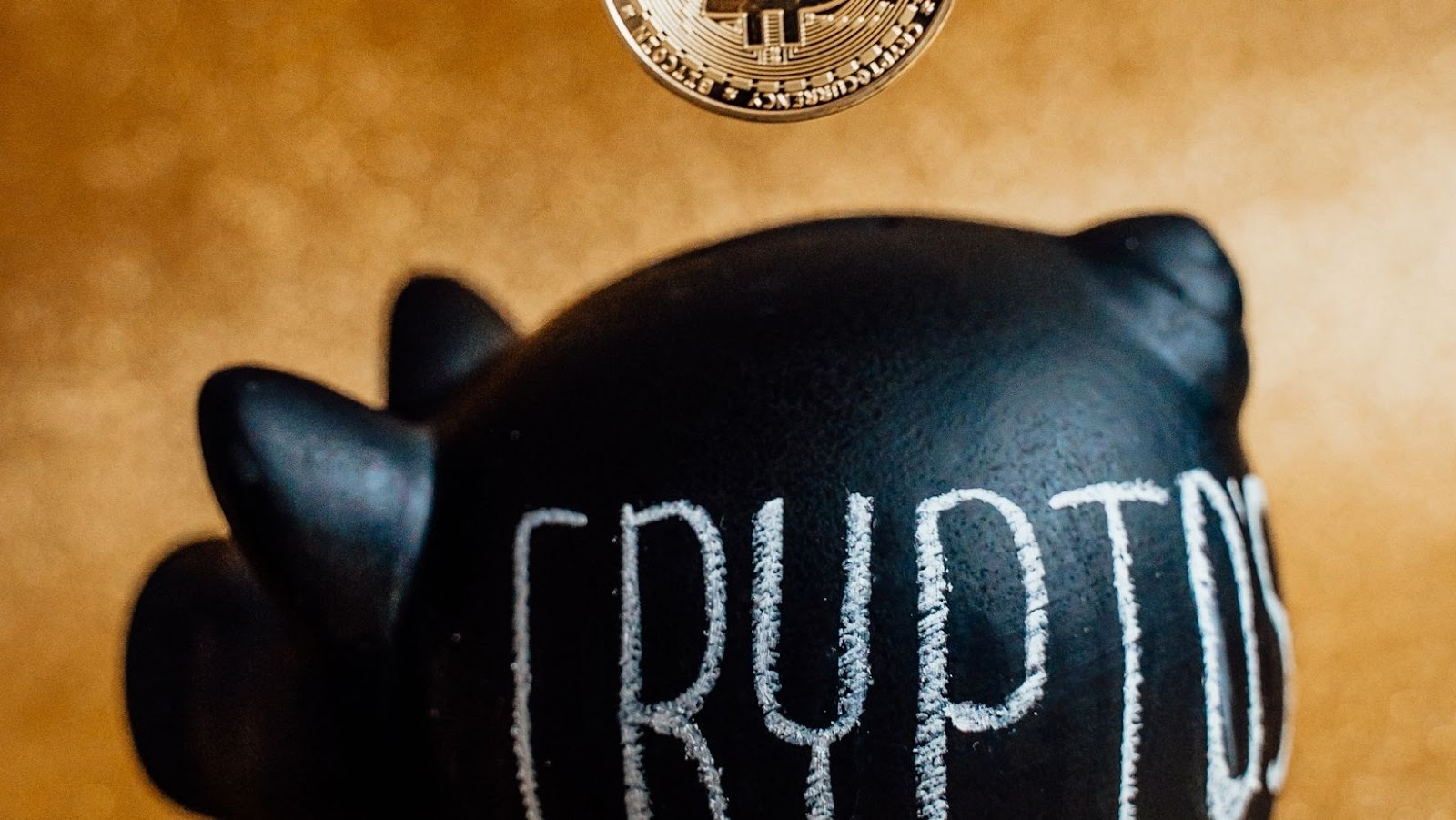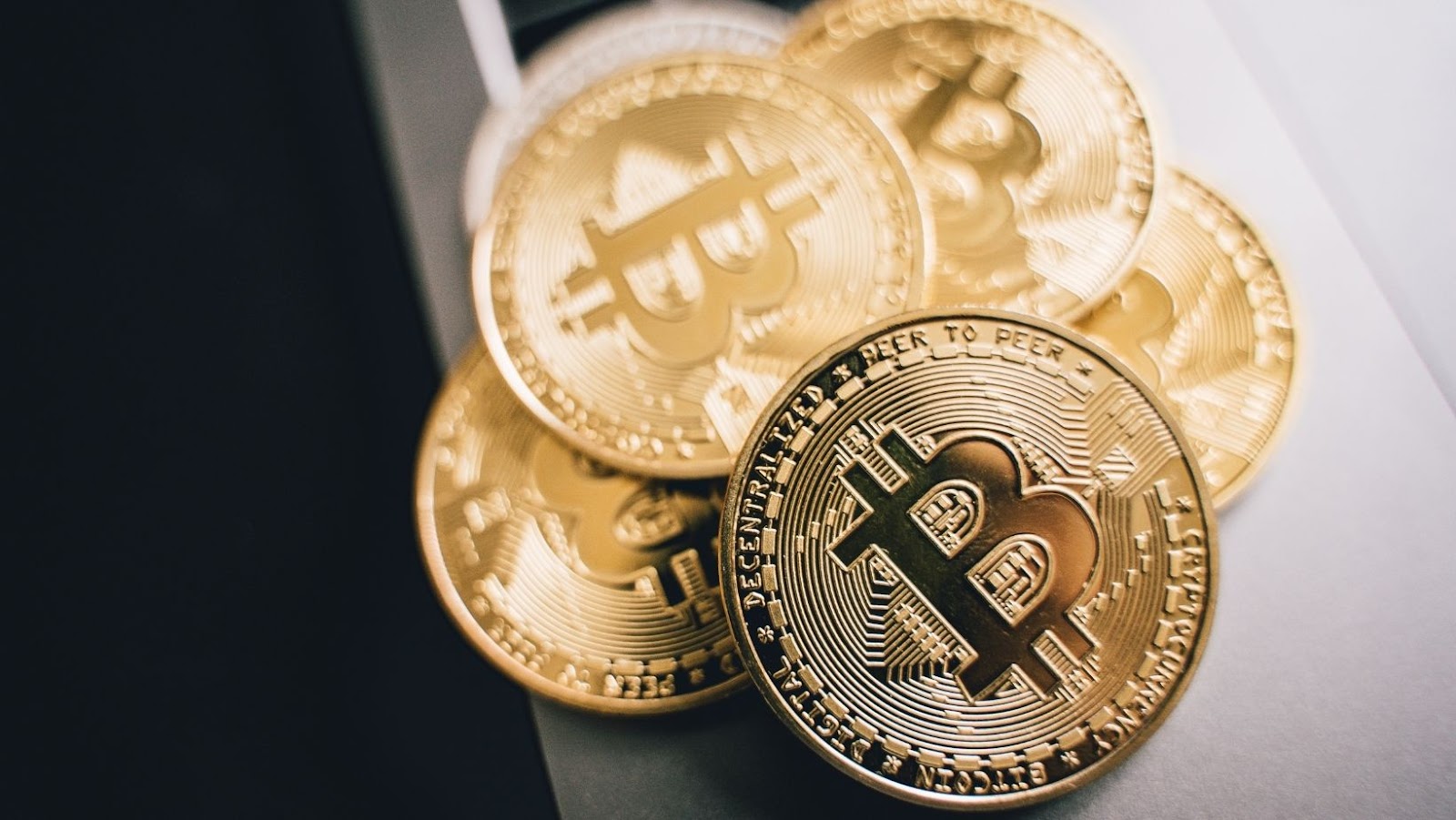
Non-fungible tokens (NFTs) are playing an increasingly important role in the gaming industry in South Korea. NFTs have become a powerful tool for South Korean game producers to draw in more players and earn more profits for their companies.
In this article, we will discuss the benefits and drawbacks S. Korean game producers are getting from using NFTs in their games.
Definition of NFTs
Non-fungible tokens (NFTs) prove ownership and authenticity of digital assets such as images, audio files, video footage, gaming items, and more. NFTs are a type of cryptocurrency, but instead of being interchangeable (“fungible”) like most other cryptocurrencies, each token is unique and can have different attributes — hence the “non-fungible” moniker. These tokens are stored on the blockchain and can be used to create amazing digital art pieces or to transfer ownership of physical or virtual items.
In the gaming world, NFTs are becoming increasingly popular. By embedding NFTs in games, developers can monetize the development process by creating rare limited-edition items that players can purchase. Players then use these rare items within the game to gain an advantage over other players or access exclusive rewards and opportunities. This system drives increased player loyalty and engagement with a game’s virtual economy while creating new revenue streams for game developers.
Additionally, S.Korean game producers have been experimenting with ways to liberate their players’ gaming money into real cash payments through unique NFT transactions or platforms that exchange goods between gamers in different countries. This type of blockchain-based economy incentivizes players to engage with a wider variety of digital experiences or make real money transactions utilizing their gaming accounts — thus resulting in greater monetization options for companies and players alike.
Overview of NFTs in South Korea
Non-fungible Tokens (NFTs) have become increasingly popular in South Korea. These are unique cryptographic tokens, representing a digital asset whose provable scarcity and ability to store data in the blockchain make them desirable. No pre-existing value comes with NFTs; the market instead determines their value.
South Korean game producers have been particularly quick to embrace this new technology, launching projects that enable players to monetize their gaming assets by purchasing, selling, and trading NFTs backed by game assets. This has had a number of positive results:
1. Greater equity of play: For example, gamers who invest time and money into earning in-game assets can now monetize these assets by selling or trading associated NFTs. The market dynamics allow gamers to quickly assess the value of their contributions and ensure greater fairness for all involved players.
2. Increased collaboration: By enabling direct buying and selling between gamers within gaming platforms, NFTs create opportunities for cooperative play between shareholders in previously unavailable games. In particular, South Korean developers often use cross-platform NFT sales to incentivize collaboration within franchises or even across different franchises within the same industry – allowing developers to take advantage of each others’ strengths while spreading development costs across games and platforms.
3. Sustainable potential revenues: Development teams also benefit from access to an emerging SNS platform that is built on top of these transactions–providing direct feedback from gamers as well as increasing chances for exposure via social media networks such as Korea’s top search engine Daum/Naver & KakaoTalk apps etc., providing stable sources of income for developers. Popular streaming services like Twitch/Victor Gaming have also embraced NFT support through broadcasting platforms reaching global audiences.
S.Korean game producers chase NFTs in real-money boost for players and firms
Non-fungible tokens (NFTs) have gained traction in the gaming industry to inject real economic benefits into games and platforms. South Korean game producers have also been looking to NFTs to offer players rewards for participating in their games and boost their own bottom lines.
Let’s take a closer look at how South Korean game producers are using NFTs.
South Korean game producers are exploring NFTs
In recent years, non-fungible tokens (NFTs) growth has been dramatic. These blockchain-based assets have enabled a range of new opportunities within the gaming industry, with South Korean game producers being some of the earliest adopters. From in-game items to exclusive rewards, NFTs are being adopted by leading firms as a way to monetize their products further and unlock new revenue streams for players and for their businesses.
South Korean game producers are optimizing existing item drops and loot boxes through the minting of unique NFTs that can then be bought and sold through digital marketplaces such as OpenSea, Rarible, RareBits, Bitski and more–enabling greater liquidity for previously illiquid economies within gaming ecosystems.

These ‘drops’ often work similarly to “very rare loot boxes” where players must buy into an item pool where a single in-game item out of hundreds will be collected following randomization–aveighthe luck factor is taken away when users opt to purchase the very rare item they desire directly through an NFT marketplace at a verified price point. This not only improves engagement within games by removing uncertainty but also unlocks more earning opportunities than ever before with hard earned virtual rewards becoming real world assets that players can capitalize on accordingly.
Through harnessing NFTs as both incentives and reward systems South Korean game producers are experimenting with push efforts to capture non spending players having already seen success in encouraging increased engagement amongst existing player bases–resulting in higher volumes of successful transactions occurring offsite including investing into new collectibles or upgrading from existing ones all without stepping into an actual game store’ store front itself. With the continued development set over the coming months we can expect to see this pioneering trend continue further providing access for customers to reclaim ownership over their favorite items whether it’s battle equipment or digital art all accessible through their local wallet–bridging online economies to mainstream use cases like never before.
Benefits of NFTs for South Korean game producers
Non-fungible tokens (NFTs) are digital assets with unique properties on blockchain networks. South Korean game producers are exploring how NFTs can provide benefits to businesses and gamers alike. In the gaming world, NFTs can be used to create incentives for players to spend more time and money on games, generate more revenue for game publishers, and share ownership of virtual game items with players. Here are just a few of the potential benefits that South Korean game producers may find when using NFTs:
1. Increased Player Engagement: Players can use non-fungible tokens (NFTs) as rewards for achievements, completing tasks or playing at specific levels in a game. This encourages further engagement with the game because it gives players something worth working towards. Additionally, these achievements could then be shared within their community or even traded on secondary markets which could lead to increased visibility and sales of the publisher’s games.
2. Increased Monetization Options: With non-fungible tokens (NFTs), developers can create new ways for players to monetize their gaming activities. This includes issuing unique virtual items, such as cars or skins, which act analogous to physical merchandise that is sold either within the game or through secondary markets online. This would give revenues streams previously unavailable in gaming platforms because no two virtual items are alike meaning they cannot be counterfeited or duplicated or offer scarcity of products provides an opportunity for publishers to monetize appropriately for those who want these limited edition digital goods by allowing them access through purchasing these goods using cryptocurrency in exchange from access offered from NFT marketplaces
3. Player Ownership over Virtual Goods: Non-fungible tokens (NFTs) give a digital scarcity not available before on platforms like Steam and PlayStation Network where digital goods were perceived as having no inherent value due to unlimited supply of identical copies across servers worldwide; now digital goods can have considerable emotional value tied up in each item that makes it one-of-a kind.. Providing an economy enabling true ownership keeps gamers engaged longer because they have skin in the game* by owning virtual goods unrelated third parties (such as platform owners) link up communities who would otherwise not have support from company officials so avid gamers have actual background reasons behind why they continue playing each day rather than just simple time wasters.
Examples of South Korean Game Producers Using NFTs
Non-Fungible Tokens (NFTs) are quickly becoming an essential part of the gaming industry. South Korean game producers have been quick to adapt to this emerging technology, finding creative ways to leverage NFTs to increase engagement and boost revenue.
In this article, we’ll explore some of the ways South Korean game producers are using NFTs to drive real-money gains for both players and firms.
Netmarble
Netmarble, a popular South Korean mobile gaming company, has taken some creative steps to monetize their games by tapping the potential of non-fungible tokens (NFTs). Netmarble has partnered with the blockchain gaming initiative Dapper Labs in order to integrate CryptoKitties and other NFTs into its mobile game Seven Knights.
The partnership has allowed Netmarble and Dapper Labs to collaborate on new NFT products as well as develop ways to promote their use within the game.
The Seven Knights-CryptoKitties partnership is being used as a real-money benefit for both players and firms. Players are able to purchase in-game items directly from outside sources and earn rewards from game content created by third parties. For instance, players can buy CryptoKitties directly on the Seven Knights marketplace and then trade them in-game for rewards such as experience points or new characters.
For businesses, NFTs provide an additional way of monetizing games without relying solely on existing ad networks or subscription services. This opens new opportunities for revenue generation by allowing companies to create tokens that can be bought and sold within their games or used to unlock exclusive features. It also allows companies to give out rewards based on how engaged a player is with their content rather than charging upfront fees for virtual goods or services.
As more companies explore using NFTs in gaming, it will be interesting to see how they are eventually adopted by developers around the world. With South Korea leading the way, it is likely that more mobile titles will follow suit in offering novel ways of incentivizing players while providing firms with extra sources of income beyond traditional advertising models.
Nexon
Nexon, one of the most popular game producers in South Korea, recently announced plans to enter the NFT market. The company will create a new blockchain platform based on Ethereum to offer its users more in-game items and exclusive access.
Nexon’s plans include using NFTs to create virtual real estate and even virtual cities where players can purchase land and buildings. In addition, Nexon is planning an open marketplace built on Ethereum (called NEXON) which will allow players to buy and sell digital assets that are backed by real-world currencies. The company has stated that this will provide an opportunity for players to make profits from their in-game assets by exchanging them for real money. By doing so, Nexon will be able to gain access to a much larger global audience than it currently has. This could potentially lead to increased revenue for the game producer as well as increased engagement from current fans.

Furthermore, Nexon plans on utilizing NFT technology further into its games with rare items being dropped in some of its currently available titles such as KartRider Rushplus and DungeonFighterOnline as well as upcoming titles like Hyper Universe, Traha 2Empire War: Big Bang Chronicles and Dystora: Dragonet Adventuring Merge Conquest Planner (DDC).
Neowiz
Neowiz is a South Korean game producer that has made the leap into using non-fungible tokens (NFTs) to reward players. NFTs are digital assets that can be bought and sold, allowing for direct monetization of gaming experiences.
Neowiz created their own cryptocurrency known as Neowiz Stones (NWX) and developed an entire blockchain ecosystem, so that gamers could earn real rewards such as coupons, merchandise, or NWX tokens by playing their games. These NWX can be exchanged for fiat currency or used in other Neowiz products. They also launched their own NFT marketplace, allowing gamers to transfer and trade their crypto rewards among themselves.
The implementation of the Neowiz Stones has been successful in driving user engagement by making the games more rewarding. This creates value both for players who want to make money while they play games, but also for firms who realize more profit from increased user engagement and interactions within the game environment.
Real-Money Boost for Players and Companies
Non-Fungible Tokens (NFTs) are quickly becoming a popular approach for South Korean game producers to generate additional revenue for both players and companies. NFTs are unique digital assets that are represented as blockchain-based tokens.
This approach has the potential to provide various benefits for both players and companies. Let’s explore how South Korean game producers are using NFTs to boost real money in the gaming industry.
Players can earn real money by trading NFTs
Non-fungible tokens (NFTs) have been a hot topic in the world of gaming. NFTs, which are unique digital verifier assets on the blockchain technology, are becoming increasingly popular among South Korean game producers. By using NFTs, game producers can enable players to trade game-related assets securely, thereby creating a new revenue stream for their businesses and creating an opportunity for gamers to earn real money by trading NFTs.
Using NFTs, game producers can create rare virtual items that have value within the game as well as outside of it. This opens up a new way for players to make money from their gaming experience without relying solely on in-game currency. As players earn more rare items and resources within the game, they may be able to accumulate enough virtual wealth to open up additional ways of generating real cash and rewards. In addition, if these virtual items become trendy within certain groups or communities, they could develop into valuable collectibles with an even higher value within and beyond the confines of the game itself.
NFTs also provide companies with a new revenue stream as they can charge players when they want to buy or sell these tokenized assets through third-party exchanges or marketplaces. Players are willing to pay real money for rare resources or valuable characters because it often takes hundreds or thousands of hours playing the games in order for them to obtain these resources themselves in pursuit of their goals in that world. This opens up additional sources of income not only from direct sales but also from loyalty programs and memberships related to specific gaming communities such as clans or guilds.
As South Korean companies continue to pursue opportunities opened up by NFT technology, it is likely that businesses will devise more ingenious ways where players can monetize their gaming experience via non-fungible tokens – creating an avenue for optimal satisfaction for both gamers and companies alike.
Companies can use NFTs to monetize their games
NFTs have given South Korean game producers an avenue to potentially generate more profit from the monetization of their games. As collector items, NFTs can create a new form of digital asset ownership, allowing players to use them in-game transactional agreements with other players. NFTs also enable players to deliver tokens with real money value as rewards for completing missions on the game. The use of in-game token economics then creates unique opportunities for virtual assets platforms that allow game developers and publishers to leverage gaming economies through direct user engagement and monetization.

Furthermore, game companies can also use NFTs to promote loyalty or recognition programs linked to gameplay results, such as player ratings or in-game achievements, which reward participants with badge tokens or similar rewards. Through these digital asset initiatives, companies are able to drive higher engagement and more usage from their games – ultimately creating more profit. As consumer activity rises due to such incentives, companies benefit from higher profits derived from the increase in demand for their games’ digital products and services.
Overall, the implementation of NFTs offers numerous benefits for South Korean game producers – including generating new revenue sources and increasing user engagement across its titles. By leveraging these technologies in novel ways, companies are able to take advantage of existing customer relationships while unlocking new ones that capitalize on consumer enthusiasm for collectible assets available within popular titles. This allows them greater potential returns while incentivizing long-term loyalty among their user base. Therefore, this real-money boost provides meaningful value both at a company level and among individual users.
Conclusion
This article has explored how S.Korean game producers are taking advantage of NFTs in order to boost revenues and provide a more immersive gaming experience to players. The use of NFTs can provide a lucrative revenue model for producers and also provide an unprecedented level of engagement and control over their gaming experience to players.
In conclusion, the use of NFTs in the gaming industry has huge potential and South Korea is leading the way with its adoption.
Summary of the article
In this article we discussed how South Korean game producers are chasing the emerging NFT technology trend in the gaming industry with a focus on real money boosts for both players and firms. The use of digital collectibles or Non-Fungible Tokens (NFTs) is becoming more prevalent in the gaming industry as these tokens provide a way for developers to reward their players through the sale of digital goods that are exclusive and some are even rare.
NFTs allow game producers to offer new ways to monetize their games as well as create a new source of income by allowing gamers to buy and own special versions of popular characters, items, and skins.
NFT’s have been used by independent developers as well as larger companies such as Nexon, Net Marble, Kakao Games, and Krafton to create new products that can be integrated into real world applications. By offering NFT’s with special capabilities, game developers can increase in-app purchases made by their users while also providing an additional source of revenue through trading these digital assets on secondary markets like Opensea, where gamers can purchase rare items or characters.
The use of NFTs will continue to expand within the gaming industry in South Korea and other countries where blockchain technology is becoming increasingly popular. Game developers will continue to explore ways to monetize their games through digital collectibles while eager fans hunt for items or characters that could potentially be worth a lot more money than what they paid for them originally.
Future of NFTs in South Korea
As NFTs are increasingly embraced worldwide, South Korean game producers are also exploring the potential of these digital assets. Popular game companies have recently launched their own versions of NFTs. For example, Webzen and Gravity have both released blockchain-based games with NFT elements. In addition to helping players earn real money with their in-game achievements, NFTs can also be used to unlock special weapons, characters or storylines for those who own these assets.
However, there is still much room for growth and innovation in the industry. There are multiple opportunities to explore such as developing more complex interactions between players and NFTs or finding ways to make it easier for players to purchase and trade NFTs safely and securely. With the increasing popularity of blockchain technology among South Korean gamers, we can expect to see a rise of innovation that ties together virtual gaming elements with cryptocurrencies and non-fungible tokens in the near future.
tags = S.Korean game producers, NFT, real-money boost, players and firms, Gaming firms, mobile and online game producers, six korean wemade giantstepleebloomberg, blockchain technology, Wemade Co Ltd, MIR4





